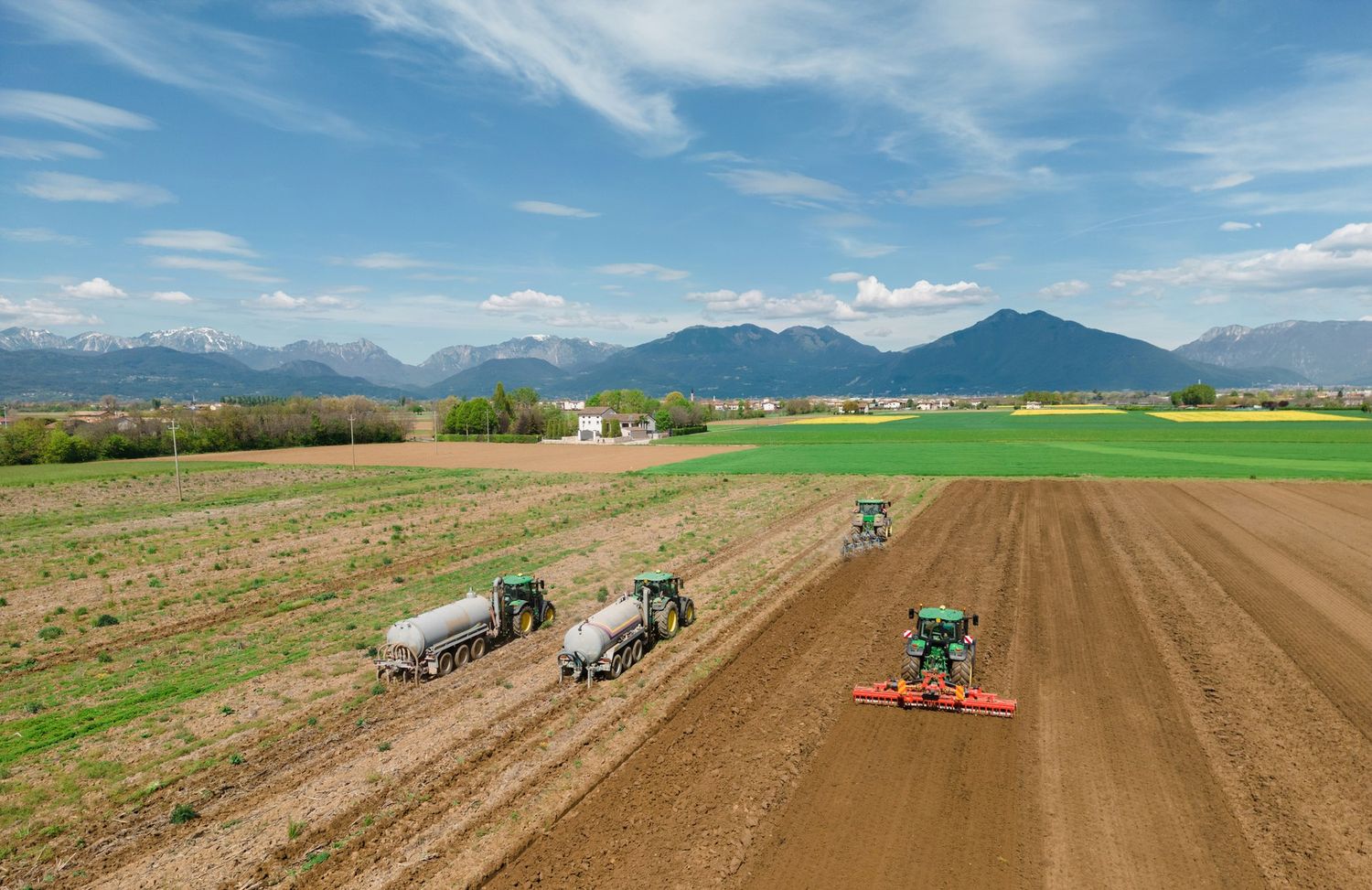Insights
Commodity vs Security: What’s the Difference?
Dresyamaya Fiona
•
3 minutes
read
•
Nov 18, 2024
Commodities and securities are both vital components of the financial markets, each serving distinct functions for investors. Commodities allow investors to gain exposure to tangible goods and raw materials, whereas securities offer chances for ownership and investment in businesses and financial assets.
%20(1).avif)
A commodity is a basic good used in commerce that is interchangeable with other goods of the same type. Commodities are typically raw materials or agricultural products.
Characteristics
- Physical Goods: Commodities are tangible items such as grains (wheat, corn), metals (gold, silver, copper), energy (oil, natural gas), and livestock.
- Standardized: Commodities are standardized in quality and quantity, meaning one unit of a commodity is generally the same as another (e.g. one barrel of crude oil is equivalent to another).
- Market-Driven: Prices are determined by supply and demand dynamics in the market.
- Trading: Commodities can be traded on exchanges through futures contracts, spot contracts, or options.
Types:
- Hard Commodities: Natural resources that are mined or extracted (e.g. oil, gold).
- Soft Commodities: Agricultural products or livestock (e.g. wheat, coffee, cattle).
The Definition of Security
A security is a financial instrument that represents an ownership position, a creditor relationship, or rights to ownership. Securities are used as investment vehicles in the financial markets.
Characteristics
- Intangible: Securities represent ownership (stocks), creditor relationships (bonds), or rights to ownership (options, derivatives) but do not have physical substance.
- Variety: Securities can come in various forms, including stocks, bonds, mutual funds, ETFs, and options.
- Market Regulation: Securities are regulated by government entities (like the SEC in the United States) to ensure fair trading practices and protect investors.
- Liquidity: Many securities can be easily bought and sold on stock exchanges, providing liquidity to investors.
Types
- Equities (Stocks): Ownership shares in a company.
- Fixed-Income Securities (Bonds): Loans made to a borrower (government or corporation) that are paid back with interest.
- Derivatives: Financial contracts whose value is derived from an underlying asset (e.g. options, futures).
Conclusion
Both commodities and securities play crucial roles in the financial markets, serving different purposes for investors. Commodities offer exposure to physical goods and raw materials, while securities provide opportunities for ownership and investment in companies and financial instruments. Understanding the differences between the two can help investors make informed decisions and build a diversified portfolio tailored to their financial goals.





